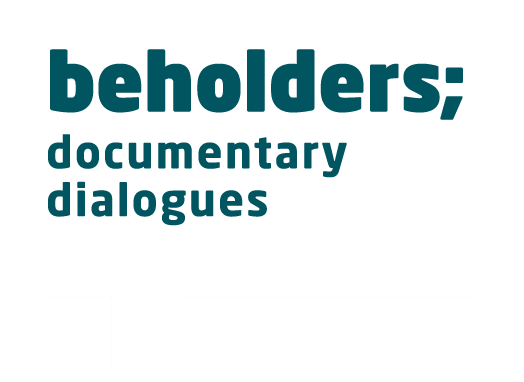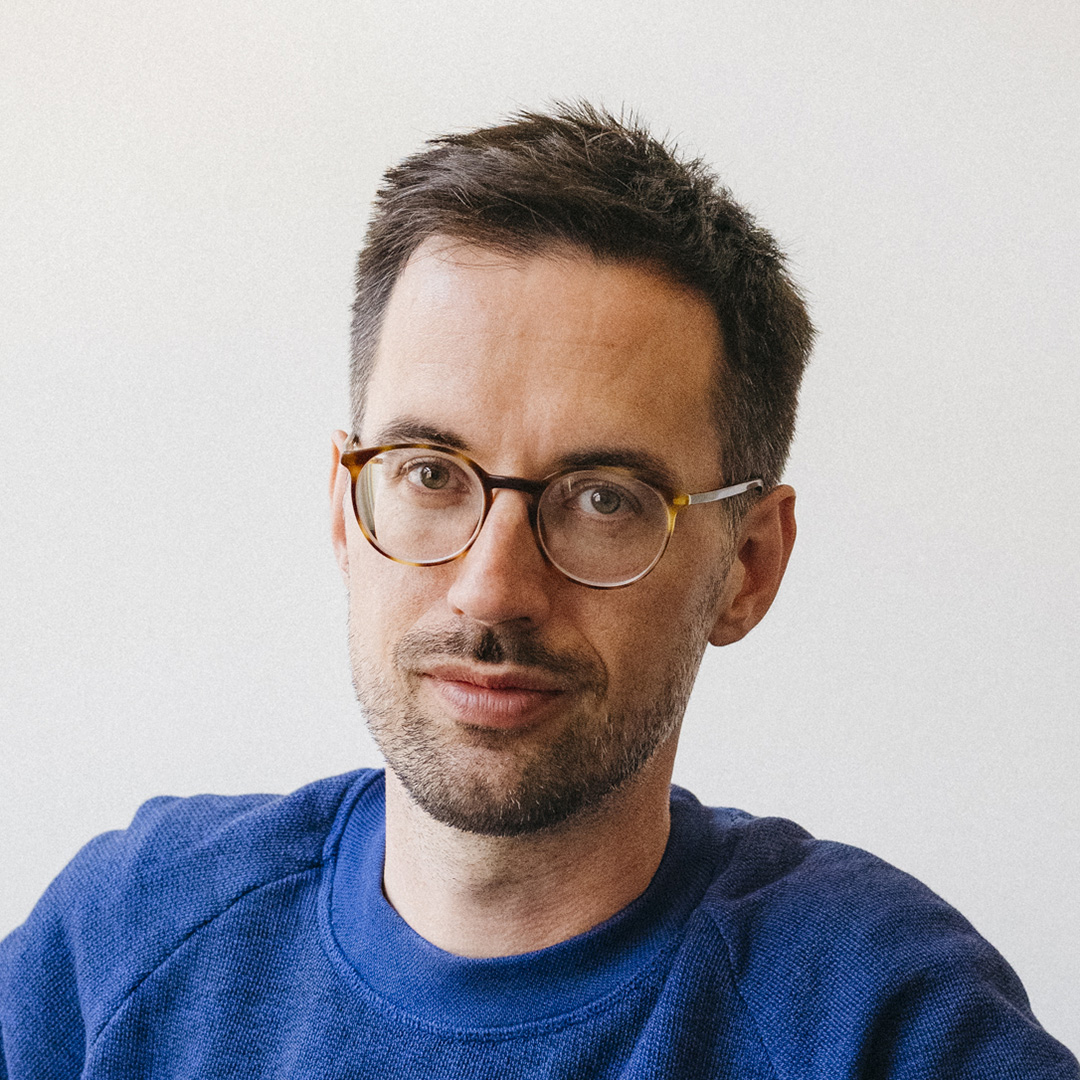director's statement;
Piet Baumgartner
The Driven Ones
„As a business journalist, I used to interview CEOs of major national and international corporations. I was struck by how abstractly, even distantly, these people often spoke of their employees and how much the focus was on good figures and results. Constant growth, increased productivity, profit maximization seemed to be the immovable triumvirate – defying economic crises, total bankruptcies and resource shortages. I began to ask myself, who is actually taking responsibility for all this? The CEOs aren‘t. Then who is?“
Context
Companies influence our behavior, our consumption and our way of life. Even politics is firmly in the grip of the economy. The decisions made by CEOs shape our society; they help determine how we live, how we work, and also which regions of the world benefit and which do not.
An example from 2016 shows how much international corporations influence everyday life and politics. An example from 2016 shows how much international corporations influence everyday life and politics. Thousands of refugees from Afghanistan, Syria and other countries arrive in Berlin. The responsible offices are overwhelmed with the flow of refugees and seek help from the business consulting firm McKinsey. A company that specializes in making processes faster, more efficient and more lucrative. One might ask whether this was the right consultant for such a humanitarian crisis.
The employees of these consulting firms belong to the top elite in the economic system today. Always at the C-level (CEOs, CFOs, CIOs, etc.), they advise executives on how to make companies and even public authorities more productive. It‘s a win-win situation: the CEOs can claim that the consulting firm is advising them to take these steps, and the consultants, in turn, don‘t have to take responsibility for their advice; because that lies with the company‘s leaders.
This is where my main interest lies: How does this system work, in which apparently no one really wants to be responsible in the end? How are such decisions made, and what role do universities play in this development? Which people are interested in this kind of education, in this life at the top of the economic system?
„Apart from the fact that ambitious egoists already apply more often than average for jobs that involve power and money, the structures and patterns of advancement in today‘s political and economic world are virtually tailor-made for such people.“ This is what German author Karen Duve writes in her book Warum die Sache schief geht.
Is it really true that it is mainly egoists who take the helm of the big economic tankers? The film starts here and delves deeply into this world. In doing so, it wants to distinguish between more than just good and evil. The film is not an indictment of individuals. The goal of this long-term documentary (or long-term study) is rather to work out the shades of gray. I am interested in where the disconnection from „normal“ life and thus the diffusion of responsibility begins.
Piet Baumgartner
The Driven Ones


